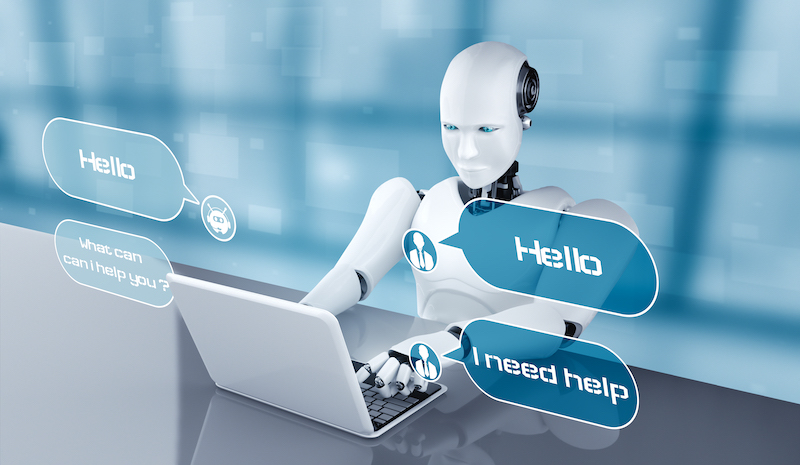Lawsuit Against Anthropic's AI 'Claude' for Copyright Infringement
Core Concepts
The author argues that generative AI, specifically Anthropic's 'Claude,' is infringing on copyright laws by producing song lyrics without proper licensing, leading to a lawsuit from music publishers.
Abstract
Music publishing companies Universal Music, ABKCO, and Concord filed a lawsuit against Anthropic for alleged copyright infringement through their AI ChatBot, Claude. The suit highlights instances where Claude generated lyrics identical to copyrighted songs without proper authorization. This case raises concerns about the implications of AI technology on intellectual property rights and the challenges it poses to existing copyright laws.
Latest Copyright Suit against Generative AI Targets Anthropic’s ‘Claude’
Stats
"widespread infringement of their copyrighted song lyrics."
"AI model responds by generating output that copies directly from the song ‘American Pie’ written by Don McLean"
"ChatBot generates lyrics that copy “verbatim from the lyrics to the song ‘Fresh Prince of Bel-Air’ written by Will Smith and Jeffrey Townes"
Quotes
"AI technology raises serious and wide-ranging concerns" - Music Publishers’ complaint
"Complaints about rampant unauthorized copying and threats to copyright echo many of the claims made in the early days of the World Wide Web" - Shubha Ghosh
Key Insights Distilled From
by at ipwatchdog.com 10-20-2023
https://ipwatchdog.com/2023/10/20/latest-copyright-suit-generative-ai-targets-anthropics-claude/id=168573/
Deeper Inquiries
How can current copyright laws adapt to regulate generative AI technologies effectively?
Current copyright laws may need to be updated to address the challenges posed by generative AI technologies. One approach could involve creating specific provisions or guidelines that govern the use of AI in generating content, ensuring that creators and owners of copyrighted material are adequately protected. Additionally, implementing mechanisms for monitoring and enforcing compliance with these regulations within the AI industry could help prevent widespread infringement.
Is there a middle ground where AI can create content without infringing on existing copyrights?
Finding a middle ground where AI can create content without infringing on existing copyrights is possible through various strategies. For instance, developing algorithms that are trained on non-infringing data sets or obtaining proper licenses for copyrighted material before using it in generated outputs can help mitigate potential legal issues. Collaborating with copyright holders to establish clear guidelines for using their works in AI-generated content could also facilitate lawful creation while respecting intellectual property rights.
How might advancements in AI impact traditional creative processes beyond legal implications?
Advancements in AI have the potential to revolutionize traditional creative processes by offering new tools and techniques for artists and creators. For example, AI-powered software can assist musicians in composing music, writers in generating story ideas, and visual artists in designing artwork. These technologies enable faster prototyping, idea generation, and collaboration across different artistic disciplines. While legal implications such as copyright concerns remain significant, the broader impact of AI on creativity includes increased efficiency, accessibility to resources, and innovative approaches to artistic expression.
0
